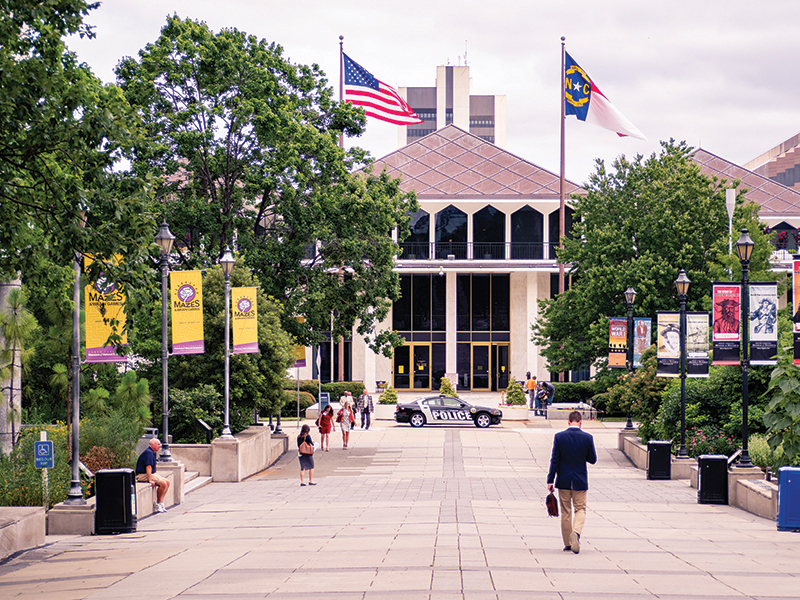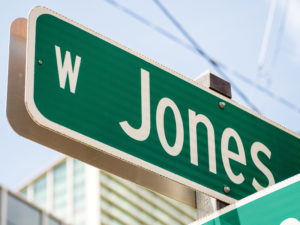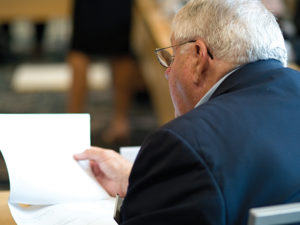The process may have been different, but the result will look very familiar to members of the N.C. League of Municipalities.
Despite the COVID-19 pandemic and the need to use remote meetings and voting via the internet, city and town officials in mid-January approved a new set of Municipal Legislative Goals for the 2021–22 legislative biennium and did so with record participation by members.
In total, representatives of 150 municipalities cast votes to narrow the final list of Municipal Legislative Goals down to 12. But even that number did not tell the complete story of member participation. In all, 196 municipalities were a part of the process in some form or fashion—submitting ideas, representing the Policy Committee, participating in virtual goal-generating focus groups, or casting final votes. The participating municipalities ranged in size from Fontana Dam, in the far western part of the state, to North Carolina’s largest city, Charlotte.
“I really think the process of having to meet remotely turned into an advantage. We had more participation than ever, and it gave more people an opportunity to participate,” said Kings Mountain Mayor Scott Neisler, who along with Sylva Mayor Lynda Sossamon co-chaired NCLM’s Policy Committee. “Looking back on this effort, I think we can all be really proud.”
The process began in September, after the League’s Board of Directors had approved the process and selected policy focus areas by which to group the policy goals. In addition to directly soliciting ideas from member cities and towns, NCLM’s Public & Government Affairs staff held nine virtual idea-gathering sessions in which participants were divided into 35 different focus groups. With over 450 ideas submitted, League staff combined and combed through those results to create 82 distinct policy proposals.

After that, the 70-member Policy Committee got busy, ranking and sorting through those proposed goals in late October and November, eventually presenting a two-tiered ranking of goal proposals to the NCLM Board of Directors in December. Board members decided to add two proposed goals from the lower-ranked tier to the higher ranked, bringing that total to 17. Those 17 became the proposals placed before the full membership, which were then
narrowed down to 12 in the remote voting that followed in December and January.
The process was very different from that of previous years in which members gathered for the in-person Advocacy Goals Conference to debate and vote on final goals before a packed convention center room. While those conferences have drawn over 200 attendees, typically there were between 100 and 130 voting delegates casting votes.

Rose Vaughn Williams, NCLM’s Associate Executive Director of Public & Government Affairs, noted how that participation translates into an important message for legislators: That goals are the priorities of all cities and towns across the state—big, small, and in-between—and that they include municipalities in their districts.
“We know that we have limited political capital, as any advocacy organization does. These 12 goals allow us to put a thoughtful and consensus agenda before legislators and say, ‘This represents the needs of your constituent towns and cities,’” Williams said. “With that, we know we then have a strong network of members who will connect with legislators and work to help achieve this agenda.”
The 2021–22 Municipal Legislative Goals are:
Healthy Finances
- Secure federal and state aid directly to municipalities to offset all lost revenues due to the COVID-19 pandemic.
- Expand incentives and funding for local economic development.
- Reduce pressure on property tax payers by expanding locally-controlled options for revenue generation.
- Ensure state funding for any new, state-mandated benefits for municipal employees.

Resilient Infrastructure
- Grant local governments the authority to build broadband infrastructure in order to partner with private providers and provide additional funding to help close the digital divide.
- Create a permanent and adequate funding stream for local infrastructure needs.
- Provide funding to keep aging water and sewer systems financially solvent today and viable for the future.
Racial Equity
- Improve state-wide funding and support for LEO training focused on use of force, mental health, and de-escalation skills.
- Increase public safety grant funding and expand allowable uses.
Vibrant Communities and Neighborhoods
- Revitalize vacant and abandoned properties with enhanced legal tools and funding.
- Increase state and federal funding for affordable housing.
Adaptive Municipal Operations
- Extend notification timeline for any changes to sales tax revenue disbursement.














